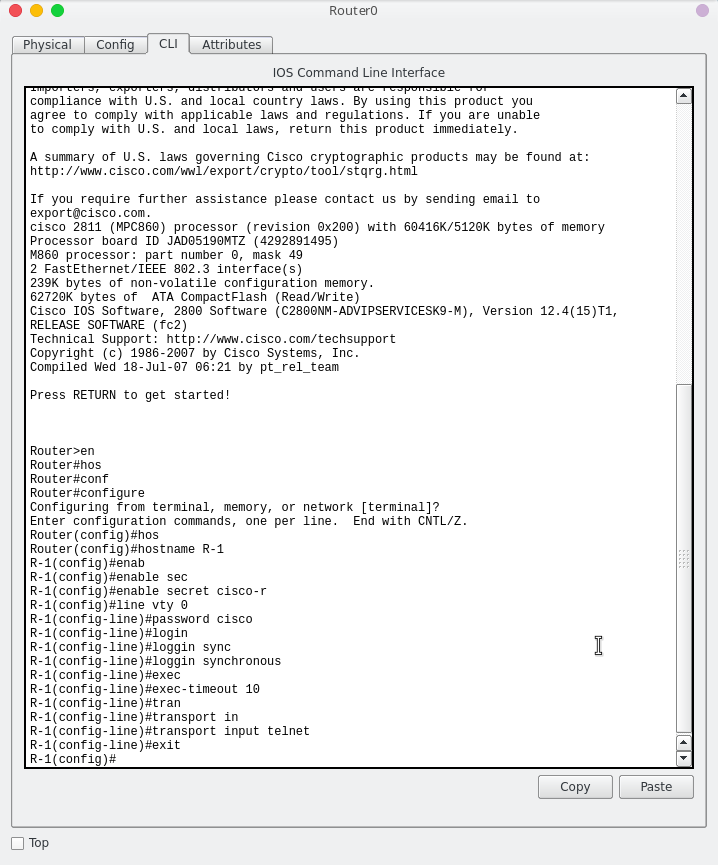
The host_ca file is the host CA's private key and should be protected. SHA256:tltbnMalWg+skhm+VlGLd2xHiVPozyuOPl34WypdEO0 host_ca Your public key has been saved in host_ca.pub. Your identification has been saved in host_ca. You can generate a keypair using the ssh-keygen command, like this: $ ssh-keygen -t rsa -b 4096 -f host_ca -C host_caĮnter passphrase (empty for no passphrase): With SSH certificates, you generate a certificate authority (CA) and then use this to issue and cryptographically sign certificates which can authenticate users to hosts, or hosts to users. OpenSSH has supported the use of certificates since OpenSSH 5.4 which was released back in 2010. The next level up from SSH keys is SSH certificates. Nobody ever types in a private key, so it can't be keylogged or observed over your shoulder. Most people can agree that using public key authentication for SSH is generally better than using passwords. Below, we practically explain how to implement these best practices in detail using working sample commands and configurations with OpenSSH users in mind.

The industry best practices for SSH security include using certificates, two-factor authentication, and SSH bastion hosts. It is universally supported across pretty much all architectures and distributions, from Raspberry Pi's all the way up to massive supercomputer clusters. In addition, many popular products and just about every server deployment system integrate with SSH somehow. It's far from perfect, but it was designed with security in mind, and there's been a huge amount of tooling written over the years to make it easier to use. There's no denying that SSH is the de facto tool for *nix server administration.


 0 kommentar(er)
0 kommentar(er)
